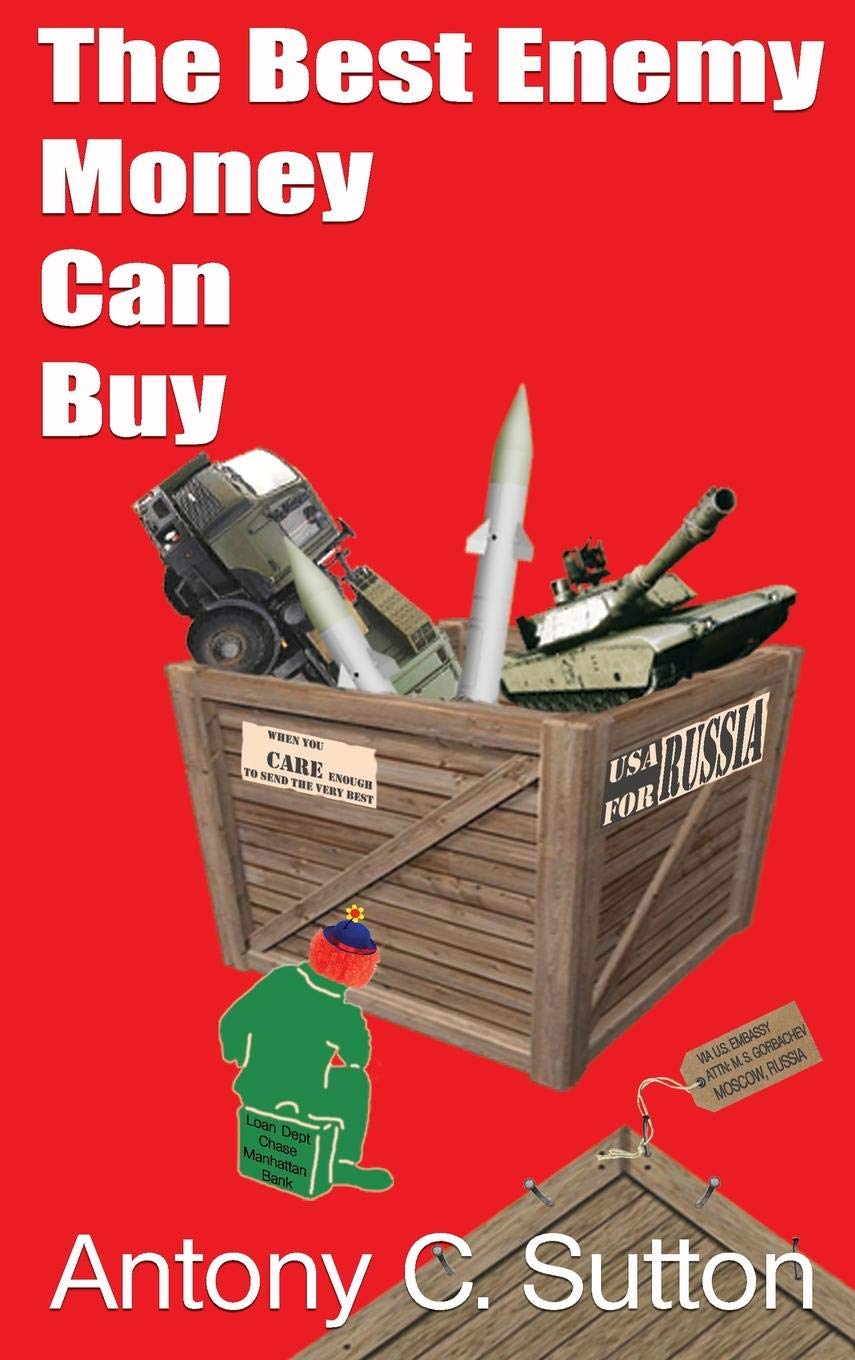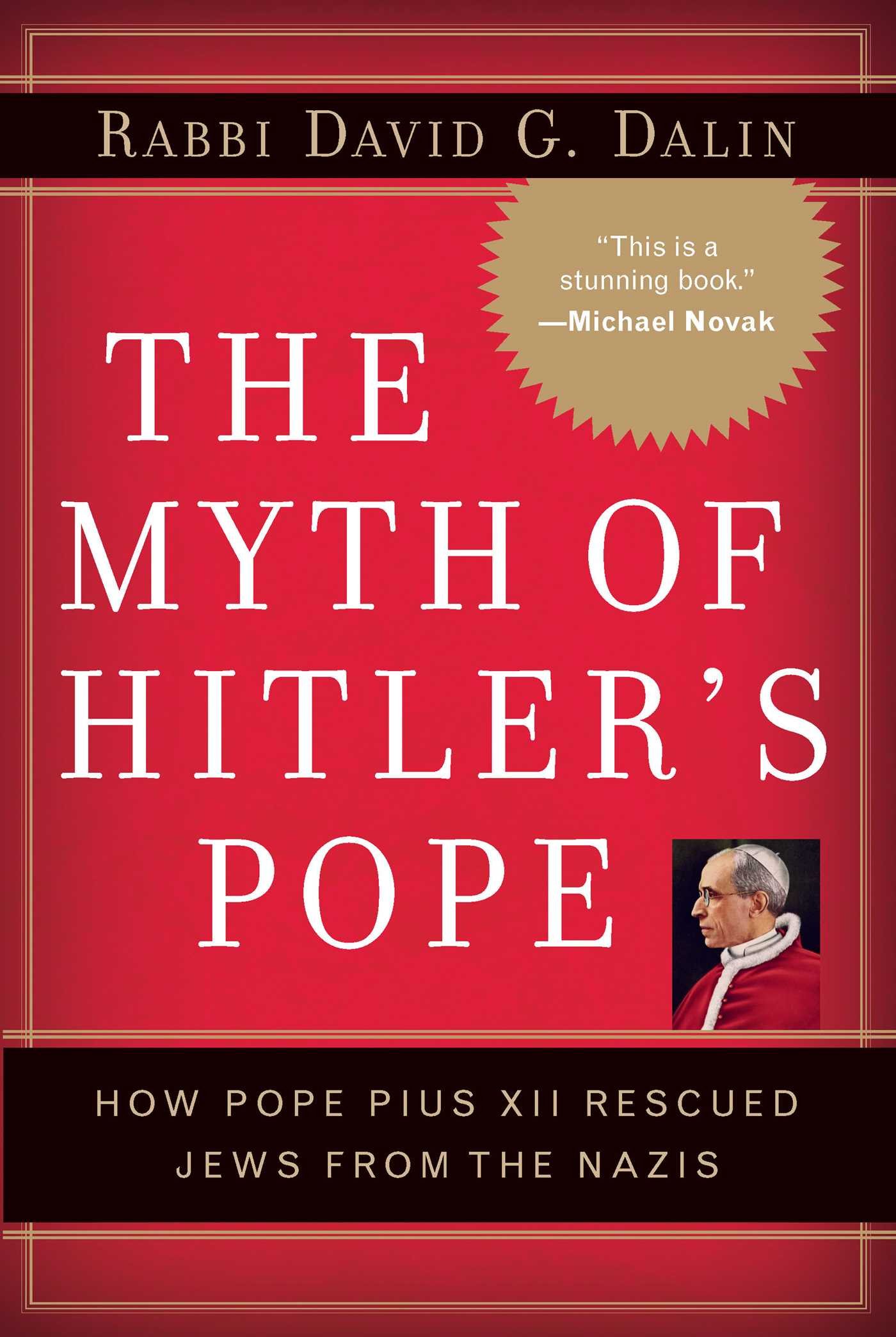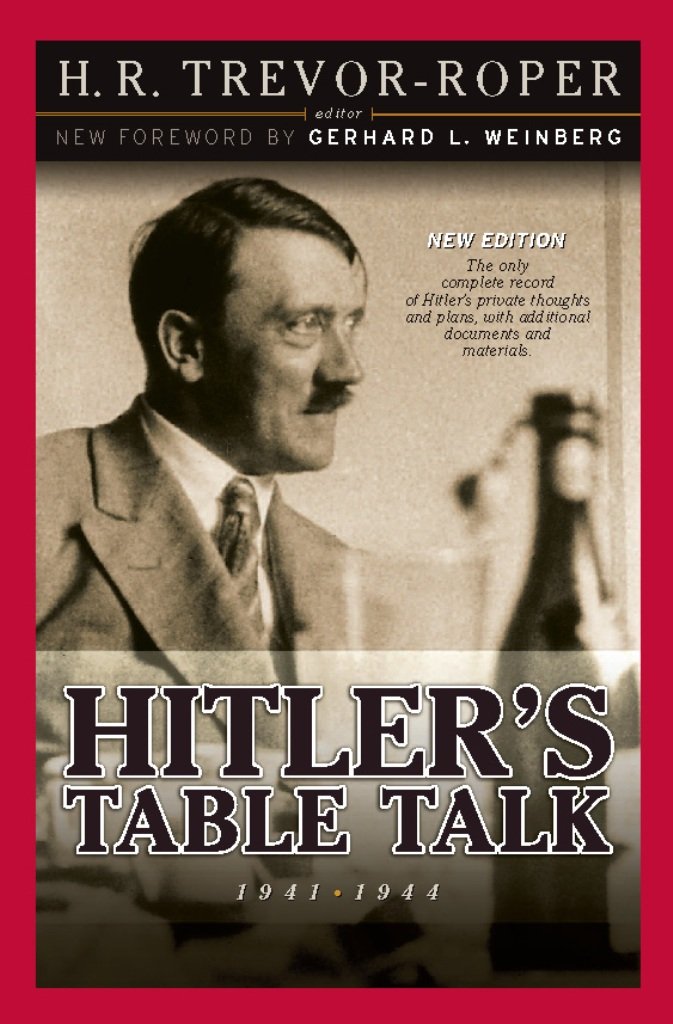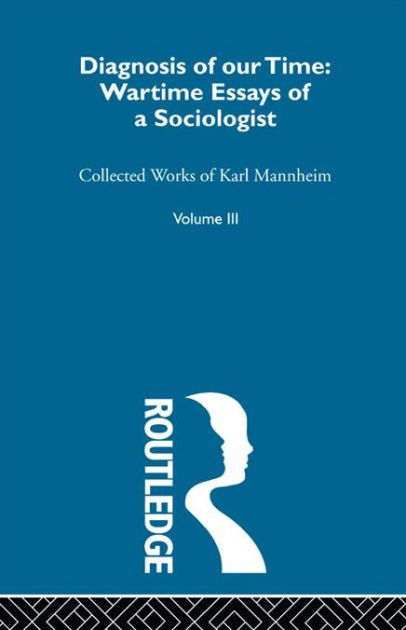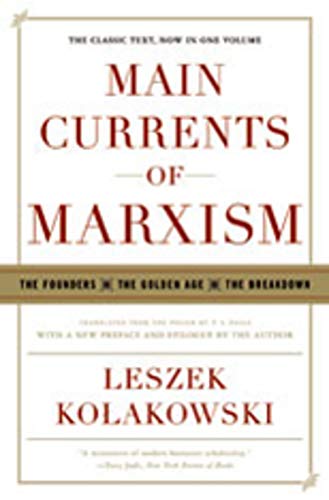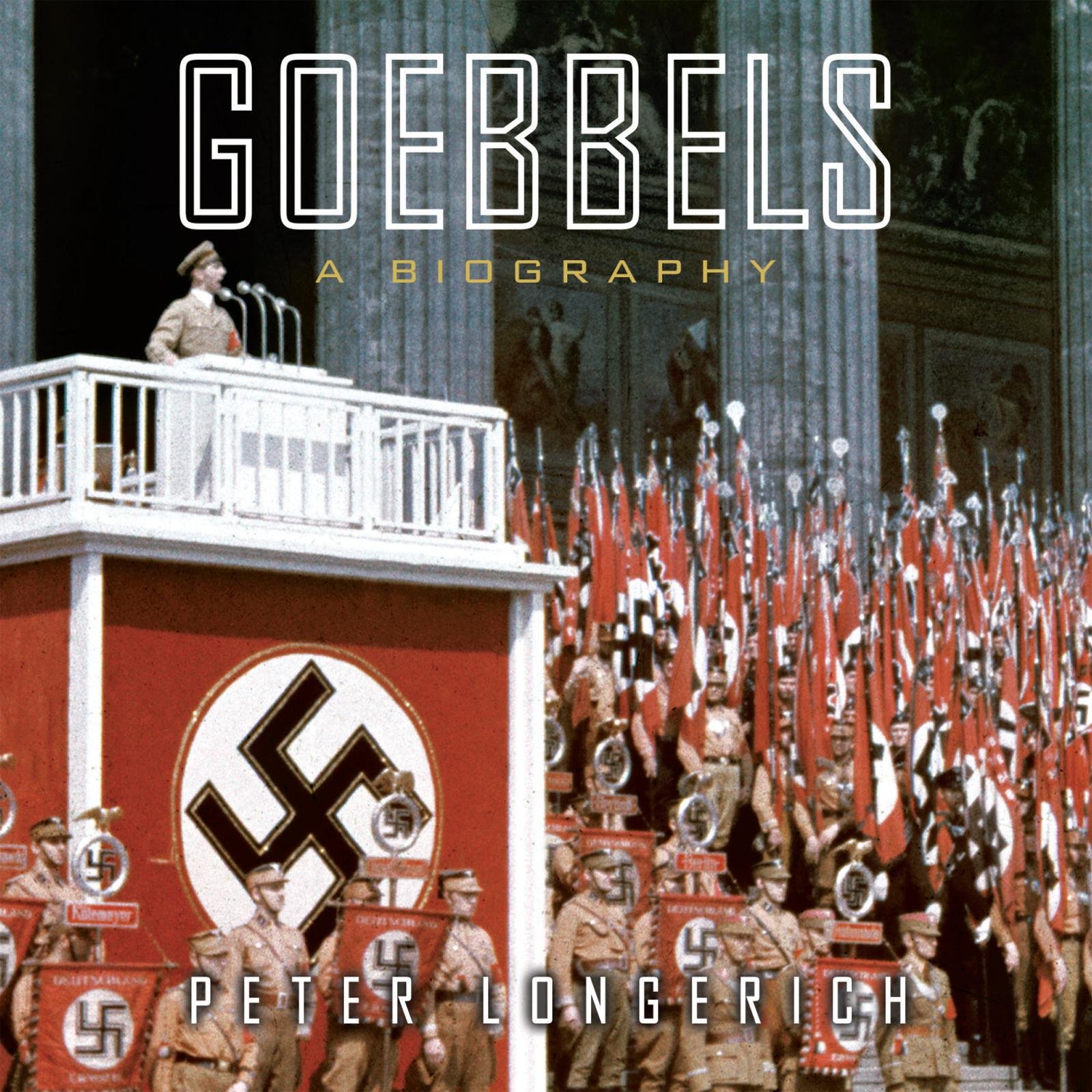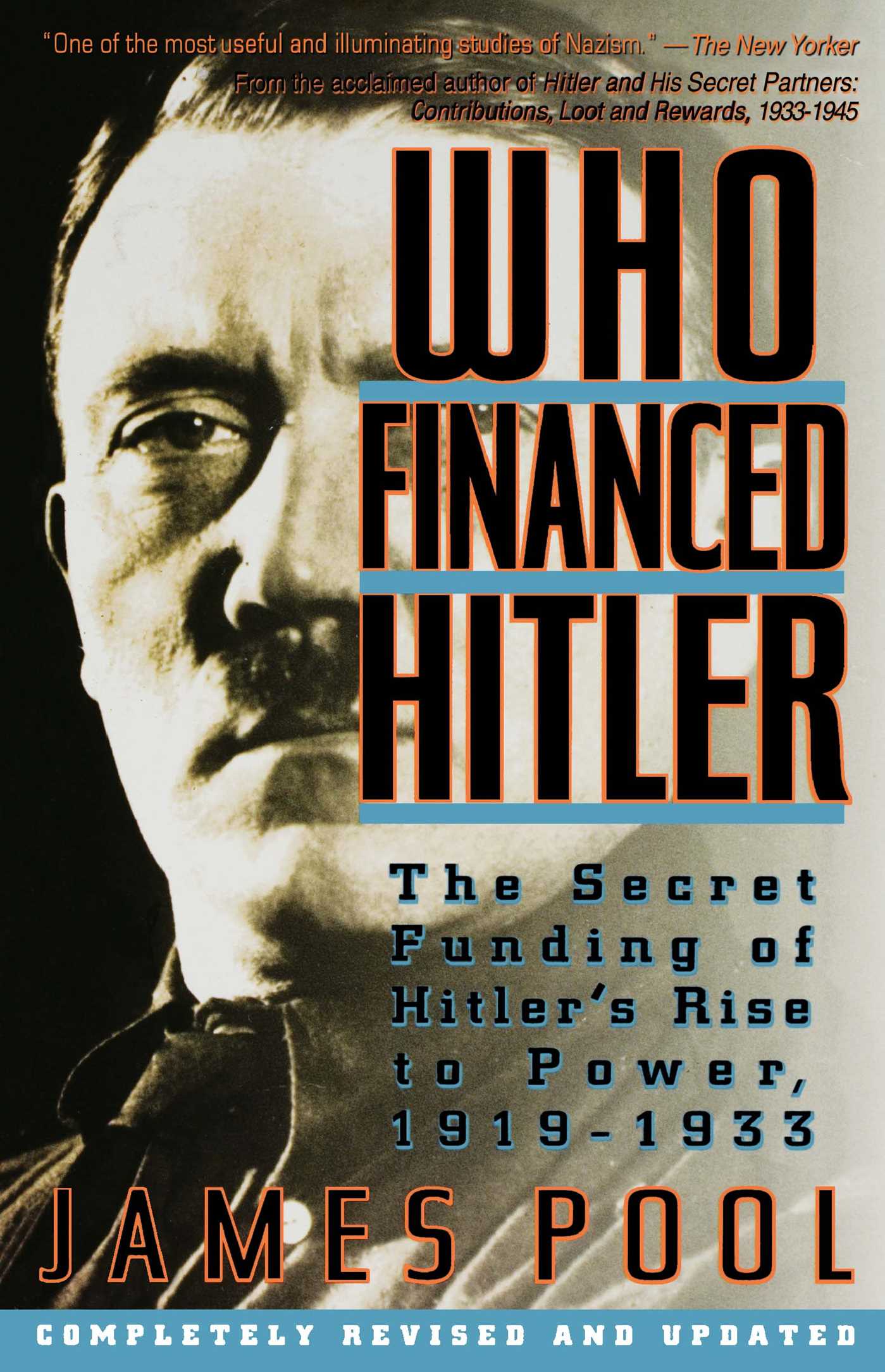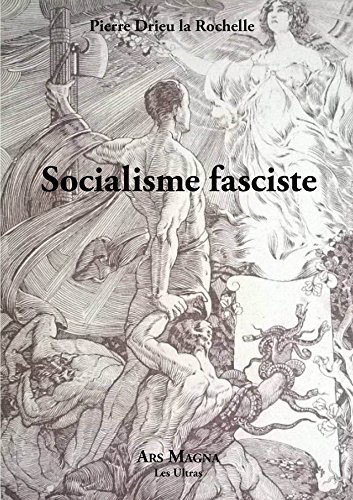
- Socialisme fasciste by Pierre Drieu La Rochelle (https://archive.org/details/sc_0000326308_00000001704049)
-
-
-
"In 1934, when his pessimism had become oppressive, he declared himself a fascist and published a major political work, Socialisme jasciste. As a Parisian collaborator during the Occupation, Drieu accepted the responsibility of serving as editor of the distinguished Nouvelle Revue Franfaise in December, 1940. Aware of the approaching defeat of the Axis, he closed down the NRF in 1943, while continuing to publish in the newspaper Revolution Nationale. In a state of uncontrollable despair and after two unsuccessful suicide attempts, Drieu succumbed to the third on March 15, 1945."
Fascism and Individualism: The Political Thought of Pierre Drieu La Rochelle (https://www.journals.uchicago.edu/doi/pdfplus/10.2307/2128005) -
"The role, and nature of the elite, as Drieu noted in Socialisme fasciste, was the essential element for political success.
The most important work that launched Drieubn his fascist adventure was Socialisme fasciste (1934), a work as important as Mesure de Za France and an elaboration of some if its ideas. Drieu stated that at this point, intellectual neutrality was impossible, given the events developing in Europe--the corporative experiment in Italy, the Hitlerian experiment in Germany, and the spark of 6 February in France. Drieu explained that his fascist socialism was a 'politics of fusion'· in a national and social unity. The goal was to introduce the organic life of the nation in a synthesis of nationalism and socialism and a spiritual discipline.
Drieu illustrated his doctrine of political fascism in a critique of Marxian myths. The first was the myth of the class struggle. Marx stated that history was governed by the conflict between one socioeconomic class and a superior socio-economic class, i.e. between the bourgeoisie and the nobility and between the proletariat and the bourgeoisie. Drieu regarded this principle is naive explaining that the majority of a class does not represent one political right against those of another smaller class. Society·is governed and political sovereignty is held by elites. Even in a period of political and social revolution, one governing class is not replaced by another governing class. One elite is substituted .for another, animated by a new spirit and armed with a new technique.
'To destroy statism one is forced to use the state, place everything in the state, so that the State becomes the Nation. It will profit from the instincts that it has encompassed. One can kill a part of life but not all life. Gradually, the totalitarian state dissolves, becoming supple and alive.
However, the political and economic methods of fascist socialism were only of secondary importance to the primary national spiritual revolution. Drieu hoped that France would follow the examples of Russia, Italy, and Germany in their experiments. Many'of Drieu's models were derived from the precedent of the Russian Revolution.
'Finally we will destroy capitalism because the preceding struggle [World War I] has rendered us energetic and proud, because we are men whom the bourgeoisie cannot refuse to do what we want [introduce socialism], and because we are French patriots whom other Frenchmen cannot reproach with constructing, a socialist society that will better serve nationalism.'"
Perre Drieu la Rochelle: The Doctrine of 'fascisme francais' (https://harvest.usask.ca/handle/10388/8338)
